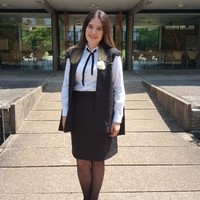Win your next
math competition
by learning from the Shef
Learn how to think when solving math problems. Attend live lectures held by former competitors, do problem sets, learn problem solving techniques, and meet mathlethes from around the world.

Early Bird Discount Ends In:
Application Closes In:
Choose Your Track
Groups A and B are the same classes at different times of the day
Choose Your Experience
Regular
- Single-track access + recordings
- Monthly proctored test
- 54 live classes + recordings
- 54 problem sets
- Feedback on 3 problem sets
- 30-min parent consult (before Nov 1 2025)
Accountability
7 spots remaining
- Single-track access + recordings
- Monthly proctored test
- 54 live classes + recordings
- 54 problem sets
- Feedback on every problem set
- 30-min parent consult (before Nov 1 2025)
- Weekly 50-min 1-on-1 with a former mathlete
Premium
3 spots remaining
- Access to all tracks + recordings
- Monthly proctored test
- 432 live classes + replays
- 216 problem sets
- Feedback on every problem set
- 30-min parent consult (before Nov 1 2025)
- 2 × 50 min weekly 1-on-1s with the Shef
- Monthly 80 min custom lecture
14-Day Money Back Guarantee
14-Day Satisfaction Guarantee: If you withdraw on or before 14 days after your first class (23:59 CEST), have attended all scheduled sessions for your track during the first 14 days, and have submitted your work for all required problem sets before each class, 100% of the Program Fee will be refunded to the original payment method. Eligible refund requests must be emailed to shefscholars@gmail.com by the deadline; refunds are processed within 14 business days. Access to all Program materials terminates immediately upon refund issuance.
Meet Our Instructors

Zlatko-Salko Lagumdzija (the Shef)
Triple IMO Bronze Medalist and founder of Shef Scholars and the Shefs of Problem Solving YouTube channel. Brown University Computer Science class of 21.5, former graduate fellow at the Cancer Data Science Lab at the National Institutes of Health in Bethesda, Maryland. A Schwarzman Scholar graduate from Tsinghua University in Beijing, China. Will be teaching over 20 classes for each group.

Aldin Adilovic
Former math competitor and a bronze medalist from the Balkan Math Olympiad 2017. Has been holding competitive math classes since 2017. Currently a student at the University of Sarajevo.
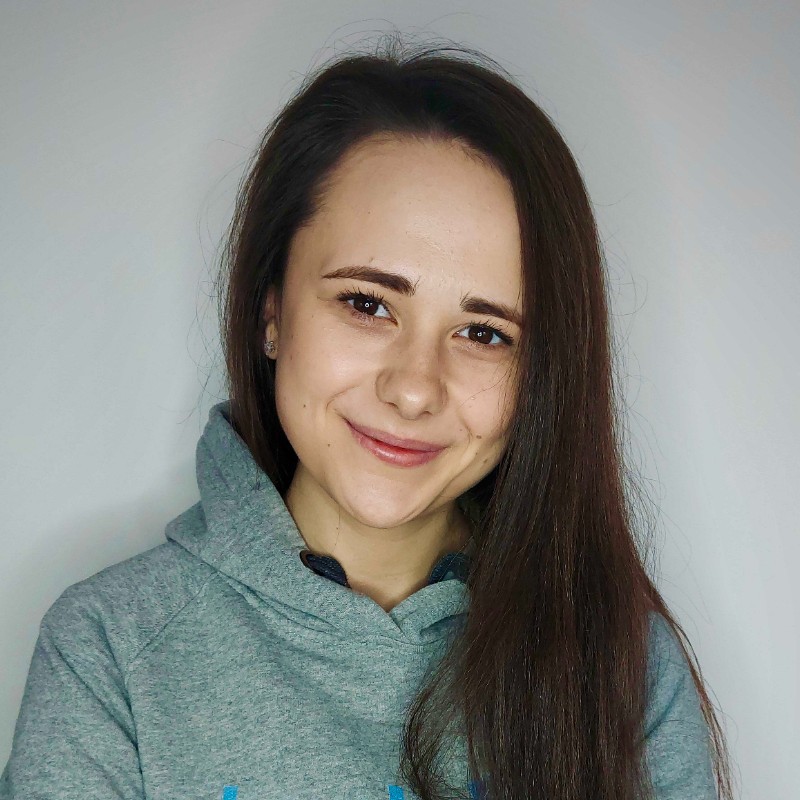
Adisa Bolić
Leader of Bosnia and Herzegovina's 2024 IMO team which got 13th place out of 101 countries and has been leader since 2022. Triple IMO contestant herself with 2 Bronze Medals and an Honourable Mention. Also a former EGMO contestant and leader with a Silver and Gold Medal from the competition. Got her bachelor's and master's degree in Mathematics and Computer Science from the University of Sarajevo with a perfect grade.
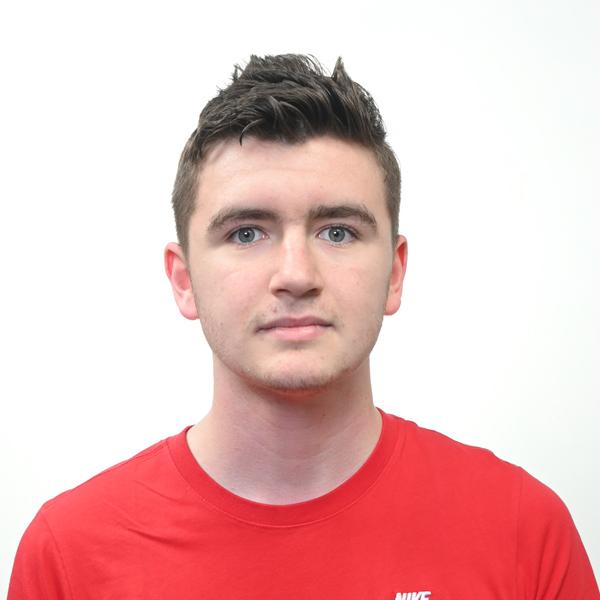
Benjamin Mujkic
Interested in mathematics and informatics since the age of 10. Gold medalist at the IMO , where the first gold medal for the country was achieved. Aside from the gold, he has one silver and two bronze medals. Also a gold Medalist at the Junior Balkan Mathematical Olympiad. Competitor at numerous International Olympiads in Informatics, earning multiple medals and distinctions. Will continue studies at Harvard College, focusing on Computer Science and Applied Mathematics..

Ajla Sehovic
Former math competitor and current PhD student at UP FAMNIT in Koper, Slovenia where she's doing research in Mathematics and Cryptography.

Ervin Macić
Double IMO Bronze Medalist. Recent graduate of the University of Sarajevo top of his class. Currently pursuing a masters degree in Mathematics and Computer Science at the University of Oxford.

Admir Besirevic
Former IMO competitor with a Honorable Mention and Bronze Medal. The old school "Shef", the coach of Zlatko-Salko Lagumdzija, and the major coach of Bosnia and Herzegovina's IMO team.
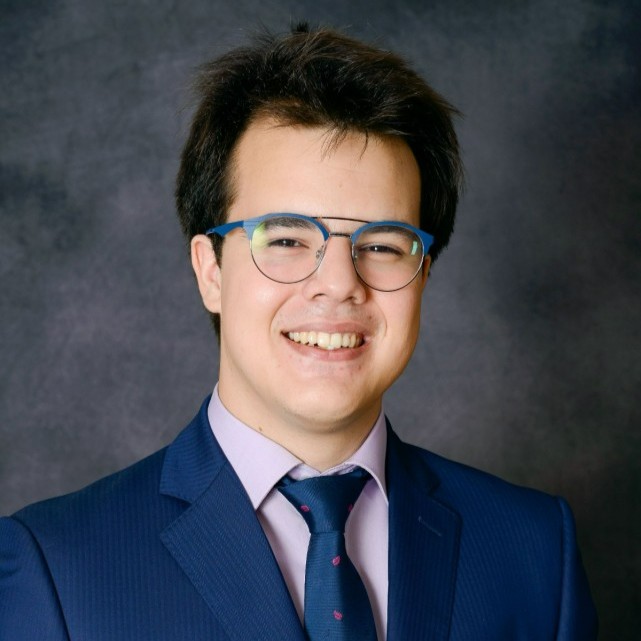
Boris Velasevic
Double IMO contestant with 1 Bronze Medal and an Honourable Mention. Master of Engineering in Computer Science with a concentration in Artificial Intelligence and Decision-Making, MIT 2024. Bachelor of Science in Mathematics and Computer Science & Engineering, with an added minor in Economics, MIT 2023. Working experience encompasses academic research, teaching, quant research, and quant trading.
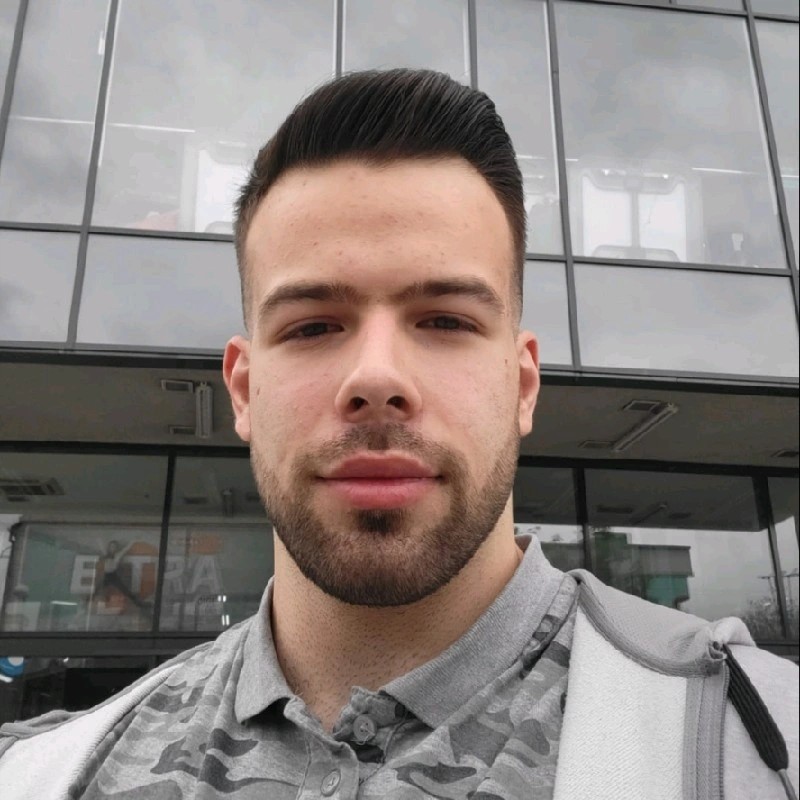
Emin Mulaimovic
Former math competitior, competitive math educator since 2020, and current Junior AI engineer. Has a Backelor's degree in Computer Science from the University of Sarajevo and is currently pursuing a Master's degree in Computer Science at the University of Sarajevo.
Why Choose Shef Scholars?
Proven Track Record
In just three test iterations we helped 6 students get to the IMO and win 2 Honorable Mentions, a Bronze, and a Silver Medal.
Expert Instructors
Learn from the Shef himself and other former math competitors. No matter the track you choose, the Shef will be teaching at least 14 of the classes over the course of the program.
Intensive Program
Immerse yourself in 27 weeks of focused, high-level math training. Learn the necessary theory for competitive math success and practice with problem sets designed to challenge you.
Join a Thriving Community
Connect with like-minded peers who share your passion for competitive mathematics. Collaborate, solve problems together, and build lifelong friendships.
Massive Value for $
Given this is our first competitive math school that will take 27 weeks, we are offering a massively discounted price at less than $20 $10 per hour of class time.
Beyond Competitive Math
Learn about life after competitive math, including university math, career paths, and how to leverage your math skills in various fields.
What Our Students Say
Hello, I am from Azerbaijan and my name is Ismayil. I felt like I learned a lot of tricks and tips in combinatorics which encouraged me to do some imo sl problems I think the way of taking lessons from IMO champion is just different from others because you get lessons by deeply experienced person. We socialized by each other we learned by mistakes in our solutions which is different than getting lesson and explanetion by someone else (the group consists only imo level students which is good for improving) I got selected for summer camp for imo (which is due to my imo score top 20) If you want to stduy individual and got help by experienced olympians it would be great and taking lectures is the best way to study. I wish i take program again :)"
"My name is Arleth, and I’m from El Salvador. Thanks to Shef Scholars, I’ve learned new principles and techniques for tackling Math Olympiad problems. This program stands out from others I’ve taken because of its personalized approach. It has also given me the chance to connect with people who are on the same path of competing in Math Olympiads. Thanks to Shef Scholars, I qualified for the Iberoamerican Math Olympiad and obtained an Honorific mention on APMO 2024. I highly recommend this program to anyone interested in math competitions and looking to be part of a cool community."
Mingdao talks about how the program helped him prepare after failing the Team Selection Test and how helpful the program was in helping him prepare in two weeks.
Besnik talks in depth about the program and why it was helpful to him
"Shef Scholars is a wonderful initiative. I joined in 2022 with just the hope of getting some ideas as to how I should approach math problems. Shef gave a lot of problem sets and also organized meetings to correct these problems in group, which definitely gave useful insights as to how one should tackle a math olympiad problem. Furthermore he organizes some one-on-one meetings in which I had the choice of going over any math question I wanted. The real perk of Shef Scholars is in my opinion just the way Salko explain his mathematics. He's a fantastic teacher and will give you just the right amount of help and insights to solve problems. What I improved the most, other than just overall better problem-solving skills, is endurance, i.e. wanting to solve the problem, rather than solving it as quickly as possible. I definitely recommend this program to any student who aspires to become a better problem-solver."
Frequently Asked Questions
Ready to Join the Shef Scholars Competitive Math Academy?
Don't miss this opportunity to accelerate your math skills and join a community of exceptional young mathematicians.
